Understanding and managing hormonal acne
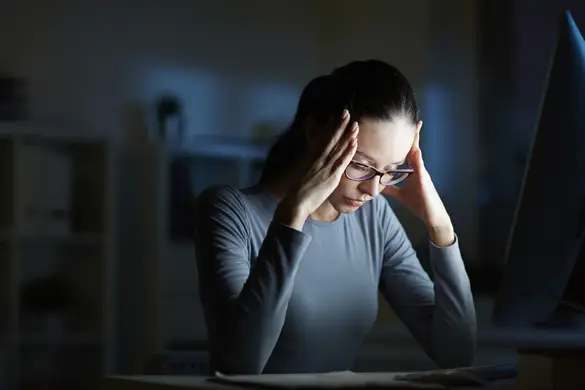
Understanding and managing hormonal acne
Posted on 18th Jul, 2022
Hormonal acne is an acne breakout in adulthood due to overproduction of sebum which ultimately clogs pores and leads to pimples. They are also called adult acne as they appear between the ages of 20 to 50. It can appear in the form of blackheads, whiteheads, or cysts that are often painful.
Hormonal acne is more common in women:
Although hormonal acne can affect both men and women, it is more common in women. It is seen in women going through menopause, pregnant women, and women who are going through any stressful life situation as hormonal fluctuations are more common.
Fungal acne and hormonal acne are often confused:
Fungal acne and hormonal acne are confused with each other because both start in the hair follicles. However, they are both very different from each other as the mechanism by which they are caused is totally different.
Fungal acne occurs due to excess yeast development while hormonal acne is due to excess levels of sebum. Fungal acne is often itchy and inflamed while hormonal acne is not as itchy as fungal acne.
Causes of hormonal acne:
Acne is formed in the skin when pores get clogged. When hormonal changes occur in the body leading to increasing in oil production, hormonal acne develops. This excess oil interacts with the bacteria on the skin and pores are clogged leading to acne.
How the pores get clogged:
- Bacteria on the skin surface.
- Dead skin cells ( accumulated on the skin surface).
- Excess levels of sebum ( Sebum is an oily substance that is created from sebaceous glands found in the skin).
When we talk about the causes of hormonal acne, there are certain factors that we can control and certain that we have no control over. Factors that we can control or change are things like our stress levels, sleep and sleep quality, using oil-free products or non-acnegenic products, etc. However, there are certain factors that we don’t have control over, for example:
- Hormonal fluctuations in women during pregnancy, around periods, irregular periods, during menopause etc.
- Family history of acne.
- Side effects of medications like steroids.
- Medical conditions like polycystic ovary syndrome or metabolic disorders.
- Men needing testosterone treatment etc.
Symptoms of hormonal acne:
Hormonal acne can appear as:
- Whiteheads
- Blackheads
- Papules
- Pustules
- Cysts
Lesions are most commonly seen at :
- Face
- Chest
- Shoulders
- Neck and back.
Diagnosis of hormonal acne:
A healthcare professional will conduct a physical examination and look at the lesions to diagnose the acne. Along with physical examination, your doctor will ask you questions like:
- How are your sleeping habits
- How are your stress levels, what are you doing to reduce stress
- What medications do you take on a regular basis
- Recent hormonal changes or factors like menopause, irregular periods
- What skin care products do you use on a regular basis.
Your doctor will diagnose your acne on the basis of your answers to the questions above and on the basis of your physical examination results and advice a treatment plan accordingly.
Treatment of hormonal acne:
Treatment depends upon the type of lesion and the severity of the lesion. The aim of treatment is to reduce the production of sebum, and reduce pimple formation and inflammation. Here are some of the treatment options depending upon the type of acne:
- Blackheads and whiteheads: Tretinoin (to be applied on the skin as a topical cream)
- Inflammatory acne: Topical antibiotic or topical retinoids.
- Moderate or severe acne: Isotretinoin (retinoid).
- Cystic acne: Intralesional steroid injection.
Prevention of hormonal acne:
Here are a few things that you can do to reduce the risk of hormonal acne:
1. Lifestyle changes:
Make lifestyle changes that reduce stress levels, help get better quality of sleep, and eat a healthy diet.
2. Nonacnegenic products:
Use skin care products that won’t clog the pores and are oil-free.
3. Seek professional help:
Discuss with your doctor the possible options to prevent the breakout of acne and have regular checkups with your doctor.
Supplements to stop hormonal acne:
To fight any bodily dysfunction, food can be one of the most powerful weapons in your arsenal. Along with food, some supplements are important for healing acne. Using the right supplement along with eating healthy food can fasten the process of acne healing. Here are a few of the best supplements that you can use to heal your acne:
1. Magnesium and calcium:
Magnesium is important for fighting inflammation and calcium is important for skin cell renewal. Taking both of these in combination can help reduce skin inflammation and acne.
2.Omega-3 fatty acids:
The omega-3 fatty acid can improve skin condition significantly. By eating fish oil, many women see clearer, softer, and smoother skin in only a few days.
3. Zinc:
Zinc is very commonly deficient in most women. Zinc deficiency can cause the skin to become more prone to bacterial infection. Zinc supplementation can fasten the process of acne healing.
4. Vitamin B:
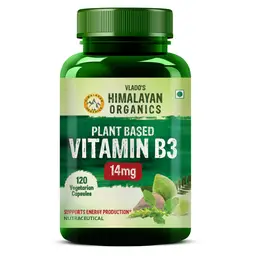
Vlado's Himalayan Organics PlantBased Vitamin B3 for Healthy Skin and Heart
Your skin needs vitamin B to regenerate and renew itself, taking B-complex every day can help with hormonal and premenstrual acne. It can also prevent skin inflammation and sebum overproduction.

Health articles from our experts
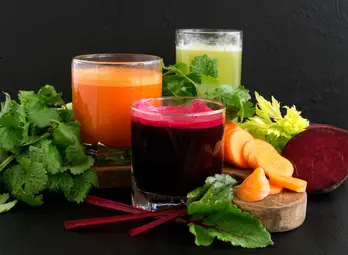
Revitalize your Dull Skin with Amla and ABC Juice
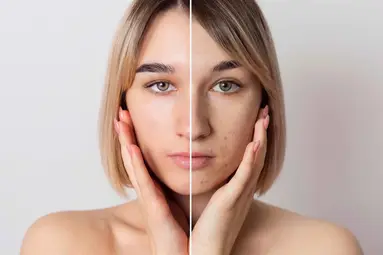
A Comprehensive Guide On How To Reduce Pigmentation
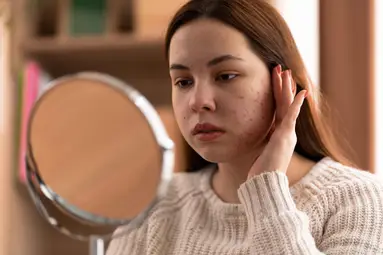
A Comprehensive Guide To Prevent Acne
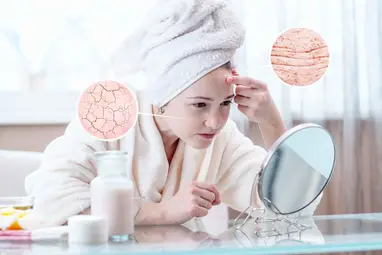
Skincare Tips for Different Seasons - Adapting Your Routine to Weather Changes
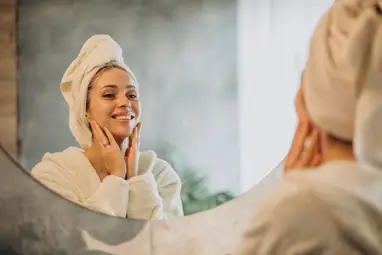
CoQ10 for Skin: Benefits & Ways to Use It

5 Best Benefits Of Ashwagandha For Skin

10 Foods Rich In Glutathione
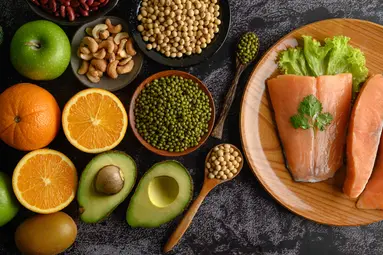
12 Best Collagen-Rich Food
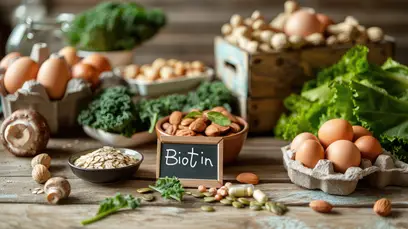
Top 9 Biotin Rich Foods

